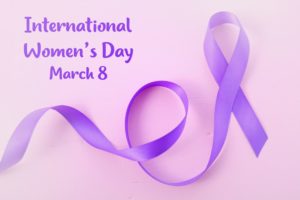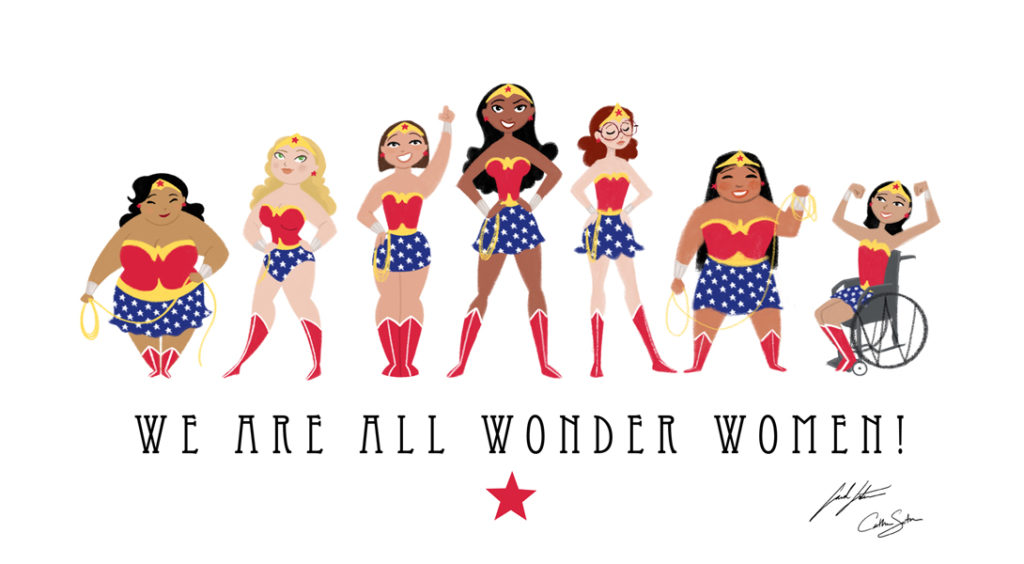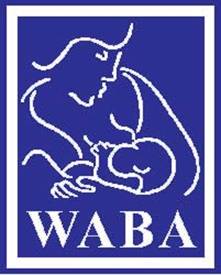International Women’s Day 2017
Joint statement by WABA, Asian-Pacific Resource and Research Centre for Women (ARROW) and Center for Women’s Health and Wellness, University of North Carolina
 The world of work is changing, with significant changes for women. The UN initiative ‘Step It Up for Gender Equality towards a Planet 50-50 by 2030’ aims at ensuring that the world of work works for all women.
The world of work is changing, with significant changes for women. The UN initiative ‘Step It Up for Gender Equality towards a Planet 50-50 by 2030’ aims at ensuring that the world of work works for all women.
About 830 million women, mainly in developing countries, work without legal social protection. They endure poorly paid jobs and poor working conditions. In the world of work, women participate on an unequal basis with men. In 2013, the male employment-to-population ratio stood at 72.2 per cent, while the ratio for females was 47.1 per cent. Only 53% of countries meet the ILO 14-week minimum standard for maternity leave. Women bear disproportionate responsibility for unpaid care work and domestic responsibilities violating international human rights law.
Several Sustainable Development Goals (SDGs) including SDG 1 (ending poverty), SDG 5 (gender equality), SDG 8(promoting economic growth) and SDG 10 (reducing inequalities) are linked towards addressing this discrimination. An essential element of meeting these SDGs is to ensure human rights for all including the right to highest attainable standard of physical and mental health.
Health is a fundamental right of all peoples. States are obliged to ensure that everyone has the highest attainable standard of physical and mental health, including sexual and reproductive health and rights (SRHR). “Rights-Based Continuum of Quality Care” (CQC) for women’s reproductive health and rights during the life cycle of women and girls is essential. Quality health care goes beyond providing infrastructure and facilities. The notion of ‘quality’ includes costs, types of medicines and attitude of practitioners. There is no place for stigmatisation or discrimination in a quality service. These attributes are all necessary to ensure dignity and respect for women and girls within the health care provision. The provision of quality health care across a woman’s lifecycle will improve maternal, adolescent and child and newborn morbidity and mortality.
Breastfeeding, following pregnancy and childbirth, is part of the lifecycle. Several international instruments recognise the protection, promotion and support of breastfeeding as vital to human rights, integrated into the right to adequate food and to the highest attainable standard of health. These include the Universal Declaration of Human Rights (UDHR), the International Covenant on Economic, Social and Cultural Rights (CESCR) and its General Comment No. 14, the Convention on the Elimination of All Forms of Discrimination against Women (CEDAW) and the Convention on the Rights of the Child (CRC). Workers’ organisations have long supported maternity protection as a basic right in striving towards equality in employment and key to the health of populations and labour force. The CRC specifically calls for social protection interventions to include universal coverage or financial access to care, paid parental leave and other social security benefits to support and facilitate breastfeeding in the changing world of work.
These measures will only be achieved by inclusion of all members of society, but particularly men, youth, grandparents, childcare providers, employers, and policy makers, in recognising the importance of women’s economic status and maternal empowerment. Gender equitable parental social protection measures will help ensure a healthy workforce and decent work conditions that uphold human rights to achieve planet 50-50 by 2030.

Illustration by Sarah and Catherine Satrun
(http://sarahsatrun.blogspot.my/2013/04/we-are-all-wonder-women.html)
For more information, contact:
WABA : Revathi Ramachandran, revathi@waba.org.my
ARROW : Pooja Badarinath, pooja@arrow.org.my
Center for Women’s Health and Wellness, University of North Carolina at Greensboro : Paige Hall Smith, phsmith@uncg.edu
